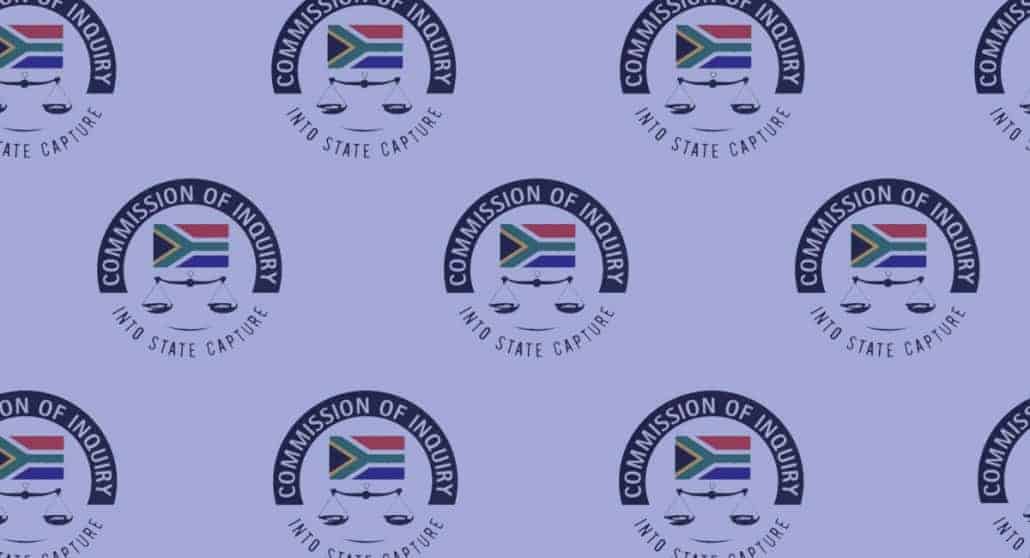The Special Investigating Unit’s (SIU) investigation into Prasa is yielding results, and the organisation recently revealed that it now has information on companies and directors that benefited to the tune of R776-million in total from the controversial R3.5-billion Swifambo contract for the procurement of trains.
SIU spokesperson Kaizer Kganyago told the SABC in an interview at the end of September that 28 companies, and 16 directors linked to them, were on their radar following their broad probe into the rail agency in relation to the findings of the state capture commission report. The SIU received the green light to probe allegations of corruption at Prasa through a proclamation issued by President Cyril Ramaphosa early this year.
Kganyago mentioned in the interview that one of the company directors is a former Prasa chairperson whose company was paid R110-million in a transaction related to the contract. Kganyago refused to name the companies or the directors in question, saying that that could open the SIU up to litigation.
Unfair play?
In other news, the National Prosecuting Authority (NPA) has come under fire for its appointment of former state capture commission evidence leaders, advocates Paul Pretorius and Matthew Chaskalson, as consultants for the public prosecutions body. The EFF has called for the pair’s appointments to be reversed on the grounds that there is a conflict of interest.
“Those who are sports-inclined have referred to Pretorius and Chaskalson’s appointment by the NPA to prosecute the evidence they led and developed at the Zondo Commission as them playing the role of a player and a referee at the same time,” said party spokesperson Sinawo Tambo.
“Perhaps this sports analogy is more convincing to those who have a distaste for unfairness and cheating, I don’t know, but it serves its desired effect.”
The party argues that the pair consulting on state capture cases that they led evidence on during the time of the commission was unfair and opportunistic.
Amigos no more
In another case that found itself on the commission’s radar – known colloquially as the “Amigos case” – the Mail & Guardian reported in September that corruption-accused Gaston Savoi had concluded a deal with the NPA that would place his former co-accused, ANC KwaZulu-Natal heavyweights Mike Mabuyakhulu and Peggy Nkonyeni, in a tough position. The Uruguayan national was arrested in 2010 on fraud and corruption charges, along with the pair and several senior government officials.
The charges relate to water purification units and self-generating oxygen units which were provided by Intaka Holdings, a company owned by Savoi, at inflated prices to the Department of Health in the Northern Cape and the Department of Local Government, Housing and Traditional Affairs in KwaZulu-Natal. This cost the government more than R100-million in excess fees for the projects.
It came to feature in the commission in 2021 through allegations brought forward that Mabuyakhulu had received a R1-million donation on behalf of the provincial ANC from Savoi, at a time when his department was contracted to him. He was charged in 2011 but together with Nkonyeni, saw the charges dropped later. Mabuyakhulu held several MEC positions across departments of the KwaZulu-Natal government from the early 2000s, while also being an ANC office bearer in the province. His accuser before the commission, forensic specialist Trevor White of PwC – which was commissioned to investigate the allegations of corruption involving Intaka – testified that Mabuyakhulu had knowledge of the source of the funds, despite the politician claiming that he only received it from then Ithala Development Bank executive Sipho Shabalala, another accused in the case, as he (Shabalala) had been among the people asked to raise funds ahead of the ANC’s provincial elective conference in 2008.
In the latest development in early September, Savoi pleaded guilty to four counts of fraud and six of corruption in terms of a written agreement with the state which came before judge president Thoba Poyo-Dlwati, TimesLive reports. This may spell trouble for Mabuyakhulu and Nkonyeni, as they may be recharged.
Speaking to the newspaper, KwaZulu-Natal NPA spokesperson Natasha Ramkisson-Kara said the plea and sentence agreement would finally conclude the Amigos matter, which she described as “drawn out”, because of numerous interlocutory applications brought by the accused over the years.
“The NPA considered many factors as part of its strategic case management approach, the most important being the accused agreeing to co-operate and assist the state in its further proceedings against other government officials.”
The matter gained its “Amigos” name after evidence was found that suggested that the accused referred to each other in this manner in e-mail correspondence brought before the court.

